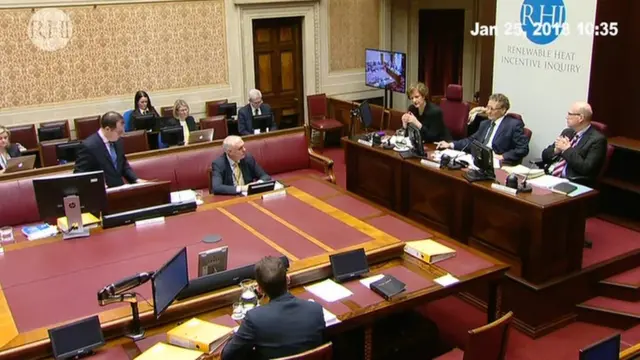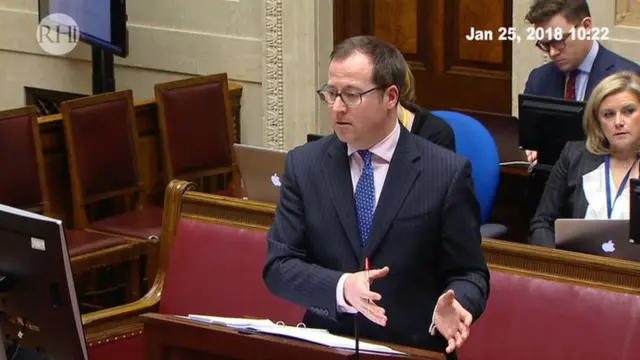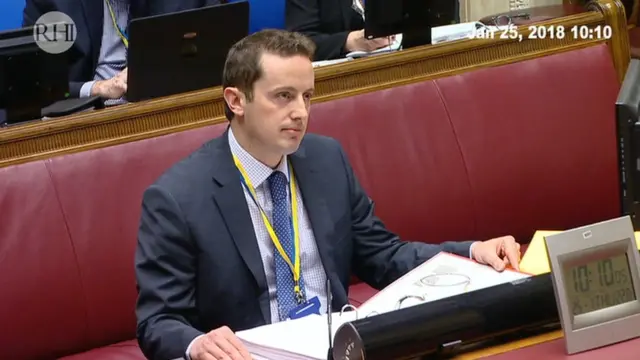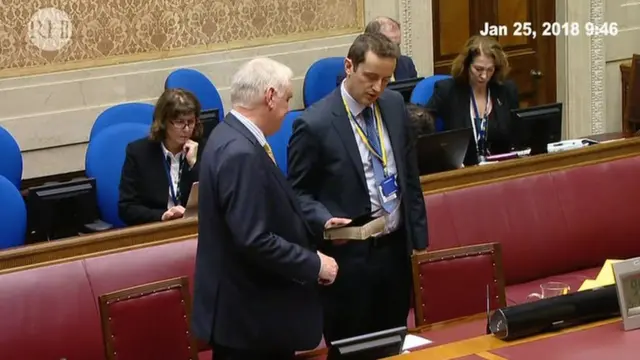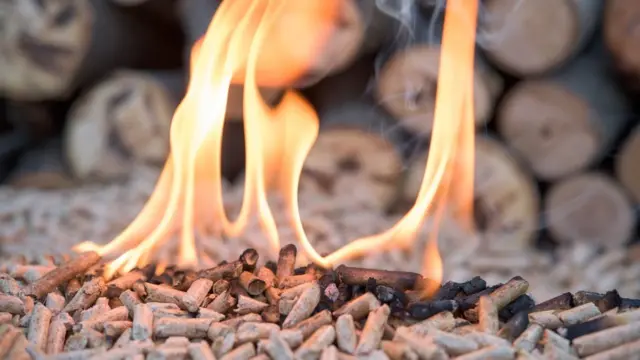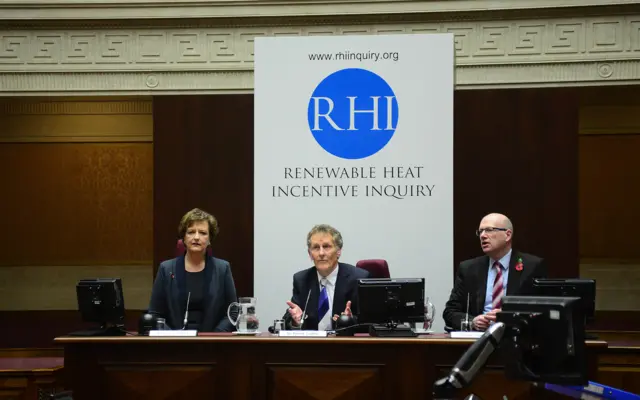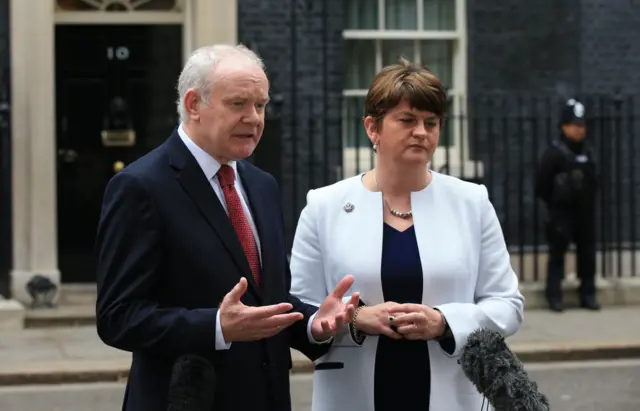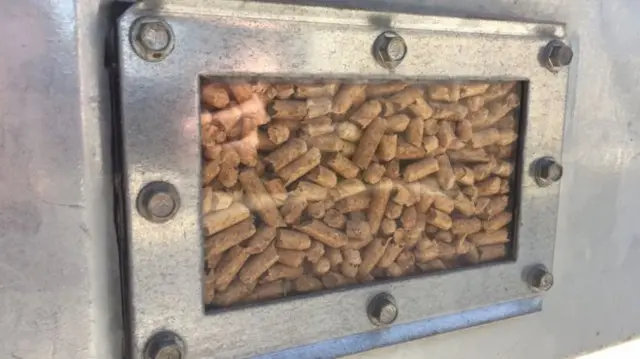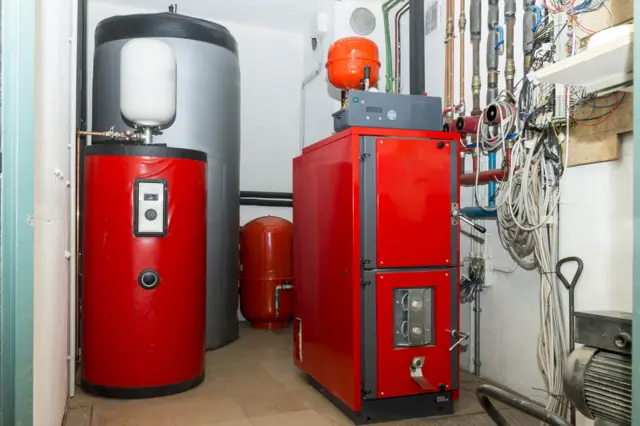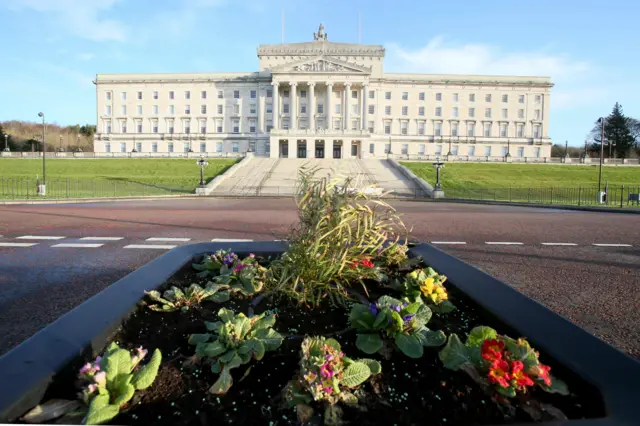'I was under time pressure on RHI scheme'published at 11:16 GMT 25 January 2018
Inquiry panellist Dame Una O'Brien asks Mr Connolly whether he ever felt "under pressure to sign these (projects) off, or an expectation that you would sign off the value for money at the end".
Mr Conolly says no - he felt that if ever there was a problem "usually the approach was to sort it out".
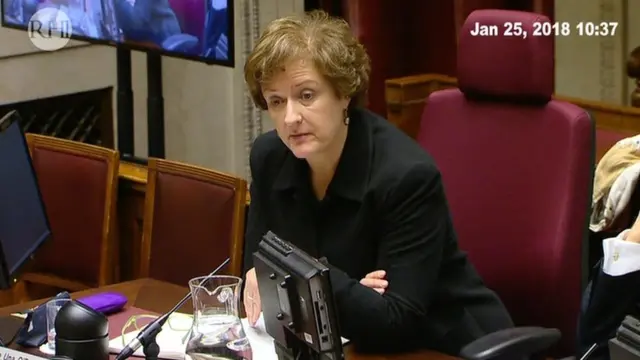 Image source, RHI Inquiry
Image source, RHI InquiryDr MacLean says it appears from Mr Connolly's written evidence that he was working under an "inappropriate or insufficient" time pressure at times.
"I certainly did work under a time pressure for this project," he replies, adding that with the benefit of hindsight he would have asked for longer to work on it.
